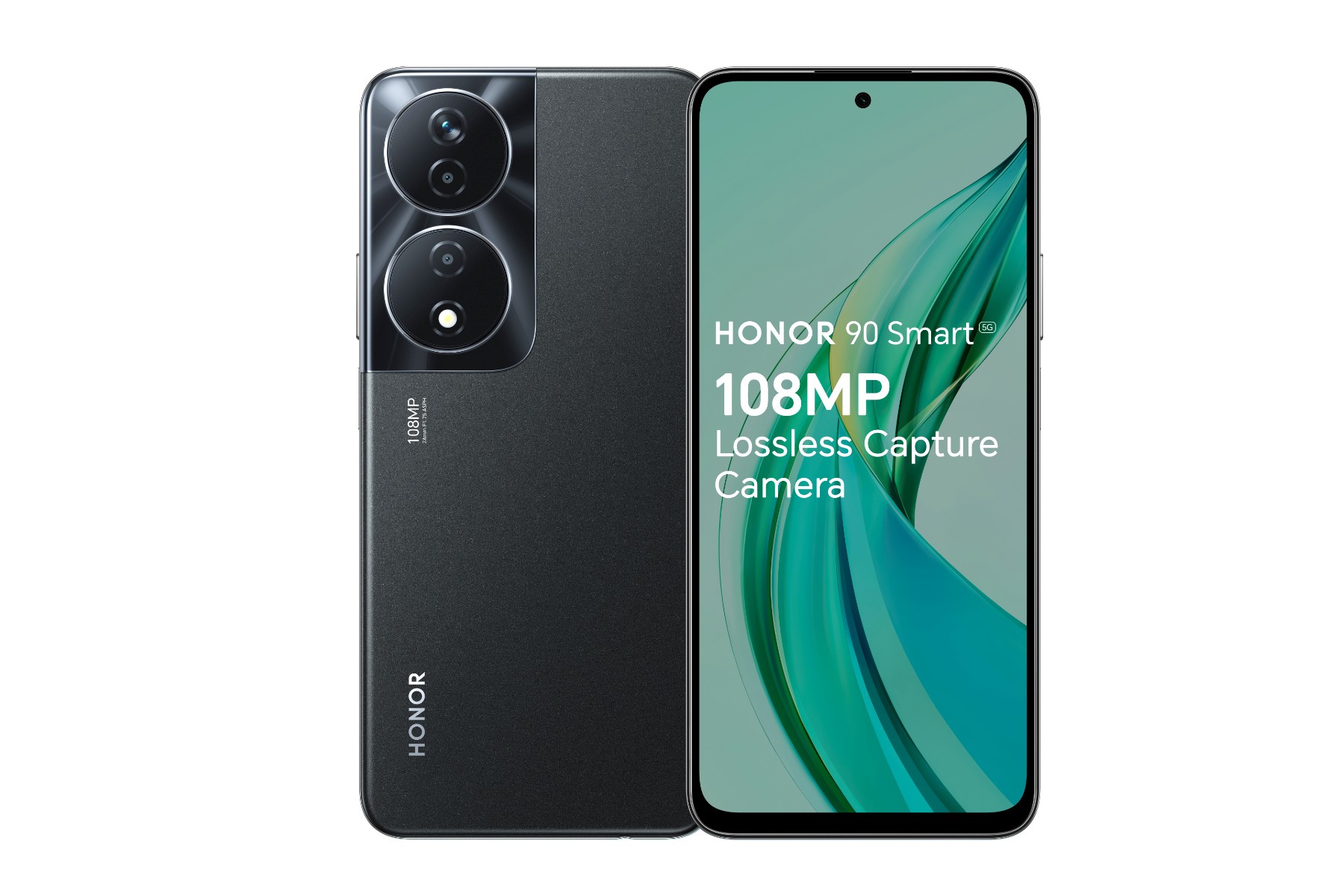
hanks to the advent of social media, it’s easier than ever to keep in touch with loved ones all over the world. But are some of us foregoing personal contact for digital conversations?
- More than one in every ten Brits prefer to keep in touch via the internet
- Despite this, one in three feel connected devices make people less sociable
- 67 per cent of Brits feel less active due to using connected devices
- Statistics found as part of Vodafone’s Digital Behaviours study, looking into the technology habits of more than 2,100 British residents
Thanks to the advent of social media, it’s easier than ever to keep in touch with loved ones all over the world. But are some of us foregoing personal contact for digital conversations?
New statistics released today by Vodafone have found that 9.7m Brits prefer digital contact to meeting their friends in person(1), despite almost one in three (30 per cent) believing that connected devices make people less sociable.
As part of its new Digital Behaviours study, Vodafone looked in-depth at the digital habits of 12 connected families from around the UK, and surveyed more than 2,100 other British residents on their own tech tendencies(2).
30 per cent of Brits believe they are less sociable when using digital products, with that percentage rising to 38 per cent of those aged 65 and over.
One in five British parents (19 per cent) are concerned that their families are using digital products too much, with 15 per cent even worried that other parents judge them for allowing their kids so much screen time.
British parents in 22m homes now have the chance to take control with Vodafone’s new broadband service. The service works seamlessly with a companion app, the first app of its kind for home broadband, that gives users the ability to schedule when Wi-Fi is available and when it’s not on certain devices. Users can even set timers for the service to switch itself off when it’s time for bed.
“Connected devices have become a huge part of everyday life for all of us,” said Cindy Rose, Consumer Director at Vodafone UK. “But it’s important that we all strike a balance between our time online and that spent offline. It’s why we give our broadband customers the ability to easily control their internet use through an app. That way, you get the best of both worlds – a great connection when you’re online, but also the chance to switch off.”
Vodafone has also published the latest edition of its Digital Parenting magazine – full of tips on how to help kids stay connected safely and manage their screen time constructively. The latest issue can be viewed here: http://vodafonedigitalparenting.co.uk/
The percentage of UK adults using smartphones has shot up from 39 per cent to 66 per cent in the past three years, with the number of phone users with 4G high-speed mobile internet growing almost tenfold from 2.7m to 23.6m over the course of just 12 months between January and December 2014(3).
With the ease of being able to access information at their fingertips, two thirds of Brits (67 per cent) believe that using connected devices make them less active – with one in five (17 per cent) even saying they may be too dependent on the internet at home.
Despite this, a huge 87 per cent believe that widespread connected devices is the way things are, and won’t change.
Notes to editors
(1) Calculation is based on percentage of sample who prefer contact with friends via connected devices (15 per cent), applied to the Office for National Statistics figure for the British population (64,600,000). Resulted in 9,690,000
(2) The Digital Overload study was conducted by Vodafone and Bryter between 26 and 27 September 2015, comprising an in-depth study of 12 UK families and 2,103 UK respondents.
(3) Source: Ofcom

![Falling Dripping Water Drop[Adobe Stock] Falling Dripping Water Drop[Adobe Stock]](https://www.vodafone.co.uk/newscentre/app/uploads/2024/04/Falling-Dripping-Water-DropAdobe-Stock.jpg)


![Dawlish Sunrise [Adobe Stock] resized stock photo of Dawlish in Devon](https://www.vodafone.co.uk/newscentre/app/uploads/2024/04/Dawlish-Sunrise-Adobe-Stock-resized.jpg)